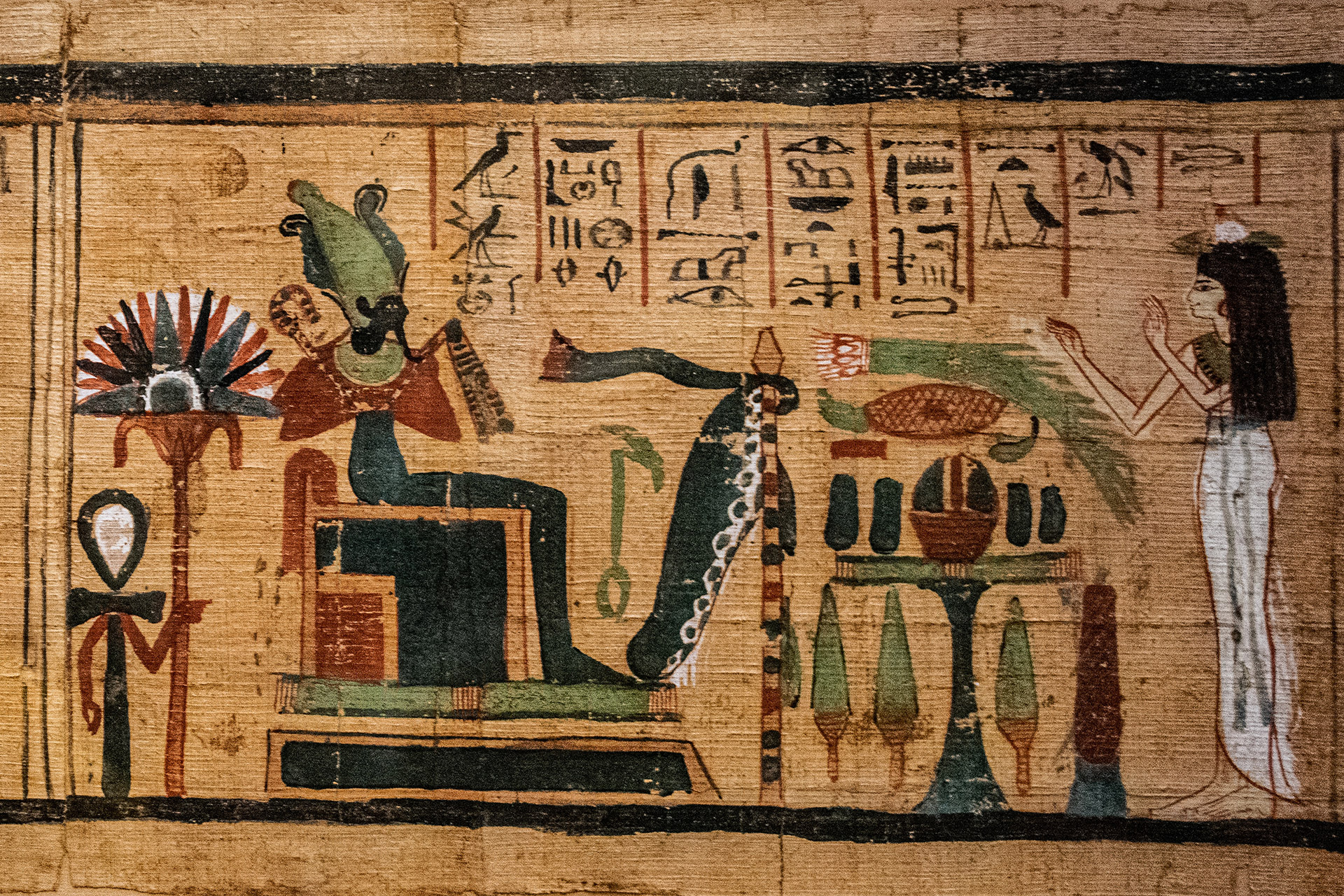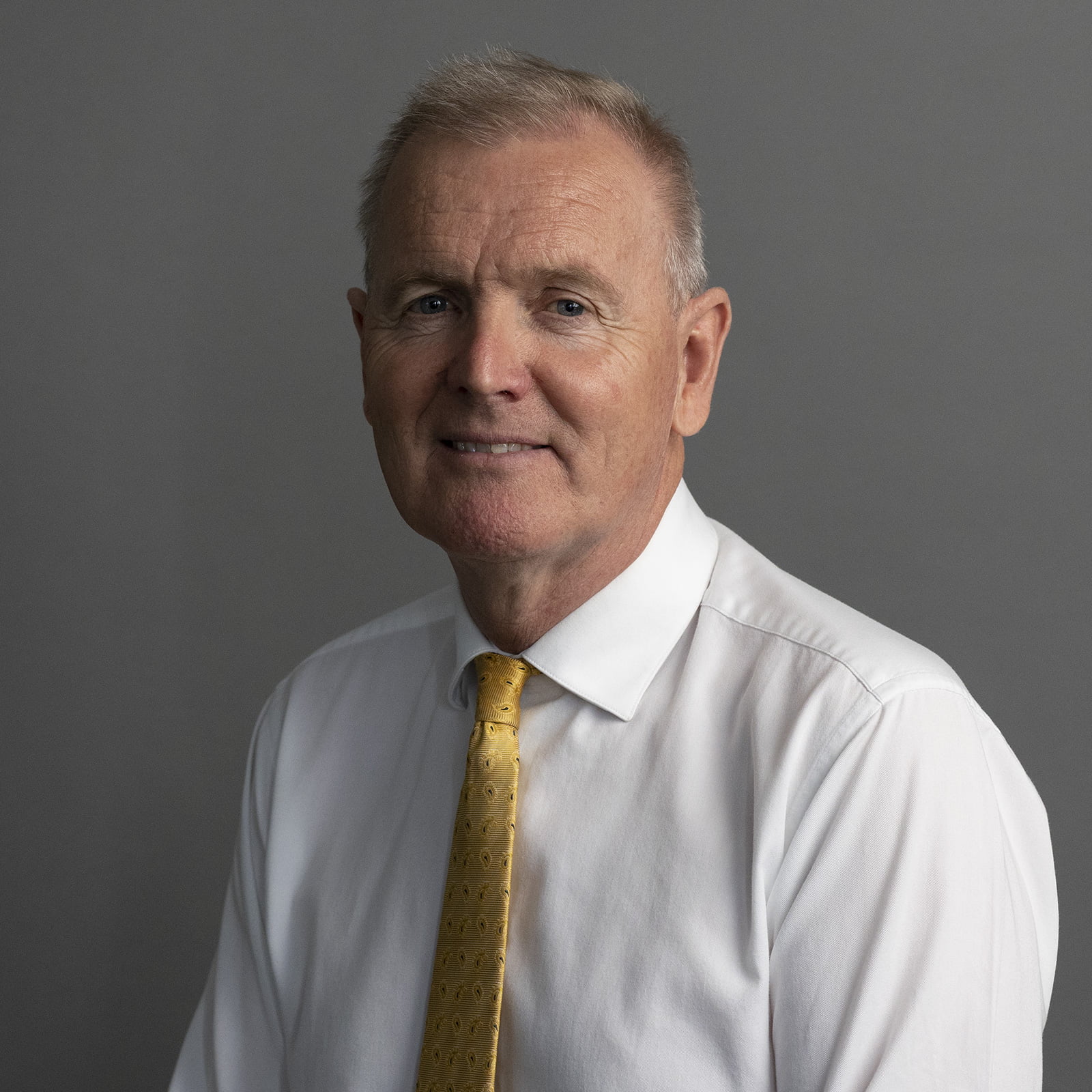The history of notaries can be traced back to the days of ancient Egypt. ‘Scribes’, as they were then called, recorded all manner of documents, official communications, tax records, proclamations and so on.
In Ancient Rome, the Notary or ‘Notarius’ prepared wills, agreements and other documents for a fee using a form of shorthand called notae. Some Notaries became what we would today call public servants and worked in the Senate and law courts to record proceedings.
Notaries were not introduced into England until later in the 13th and 14th centuries. At first, they were appointed by the Pope. In 1279 the Pope authorised the Archbishop of Canterbury to appoint notaries. Not surprisingly, in those early days, many of the notaries were members of the clergy. Over time, laymen began to assume the official character and functions of a modern common law notary.
In 1533, the enactment of the Ecclesiastical Licences Act removed the power of the Pope to appoint notaries. That power was vested in the King who then transferred it back to the Archbishop of Canterbury. Through the Master of Faculties, it is the Archbishop who still appoints Notaries in New Zealand today.
Today’s Notaries
A modern Notary in New Zealand must be a senior lawyer who is trained in the drafting and execution of legal documents, administering oaths, certifying copies of documents and the witnessing of affidavits and statutory declarations required for use overseas.
After the Notary
Once documents are notarised, they may require further authentication or to be apostilled by the Department of Internal Affairs (DIA) in Wellington. Some countries call this process legalization. The process will depend on which country the documents are intended for.
The DIA website lists which countries require apostille and which require authentication as well as the costs involved. If you prefer, Wynyard Wood can take care of the apostilling or authentication for an additional fee.



